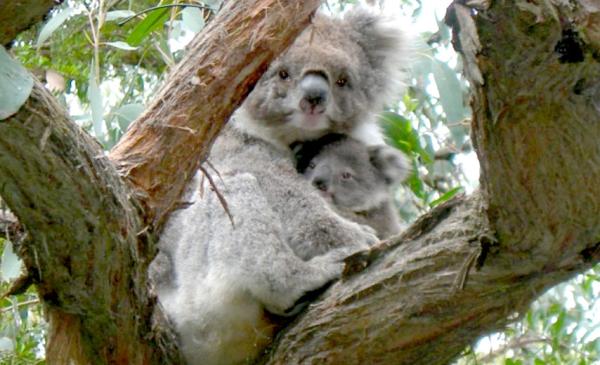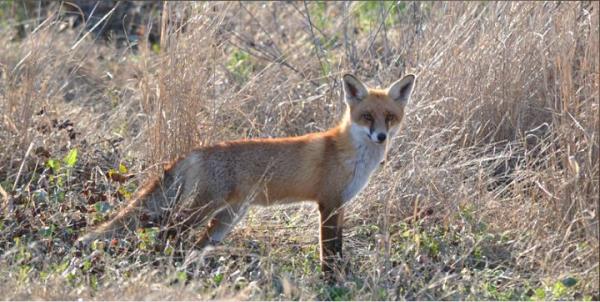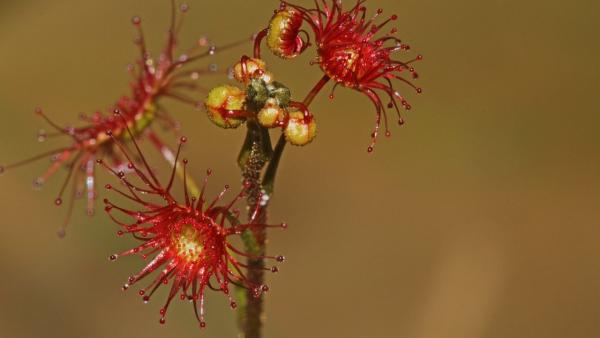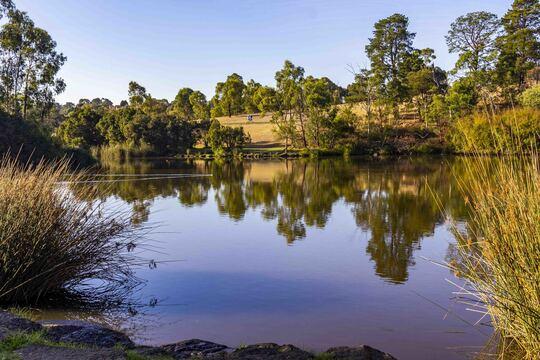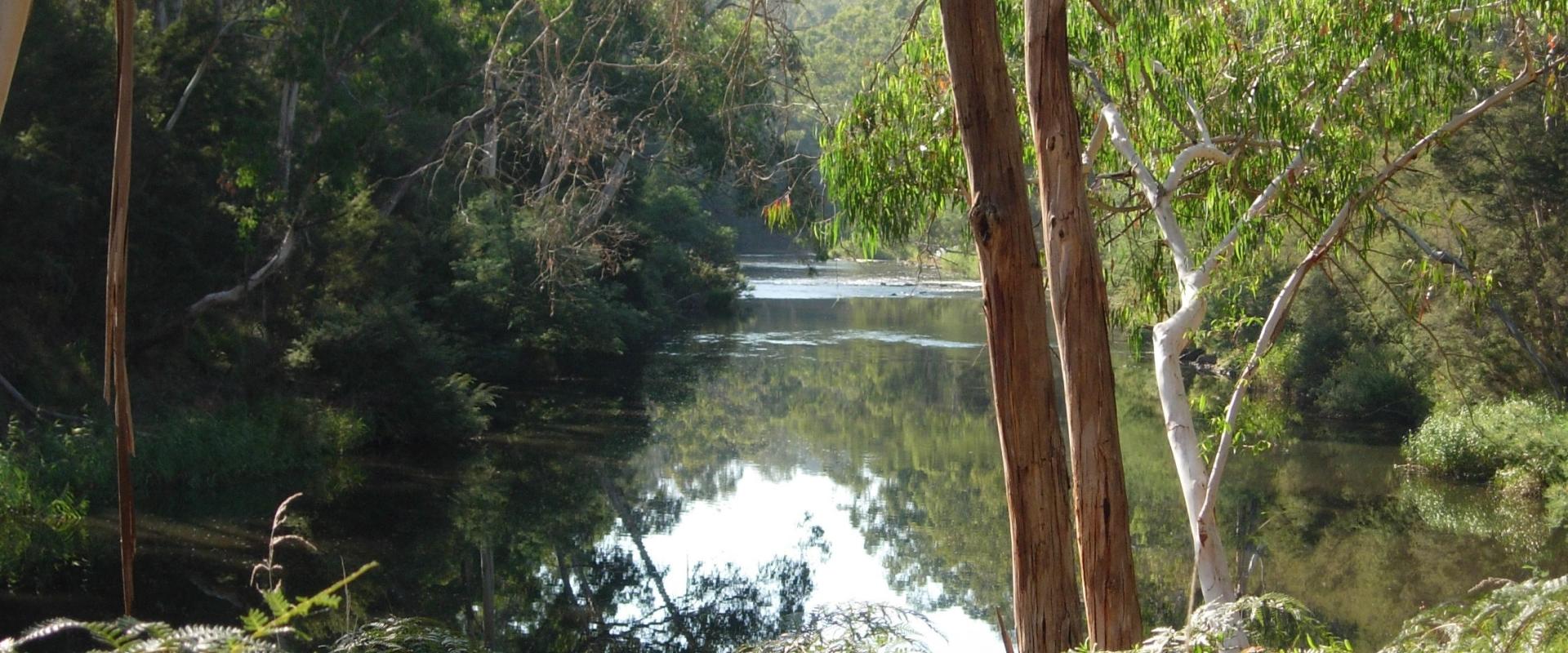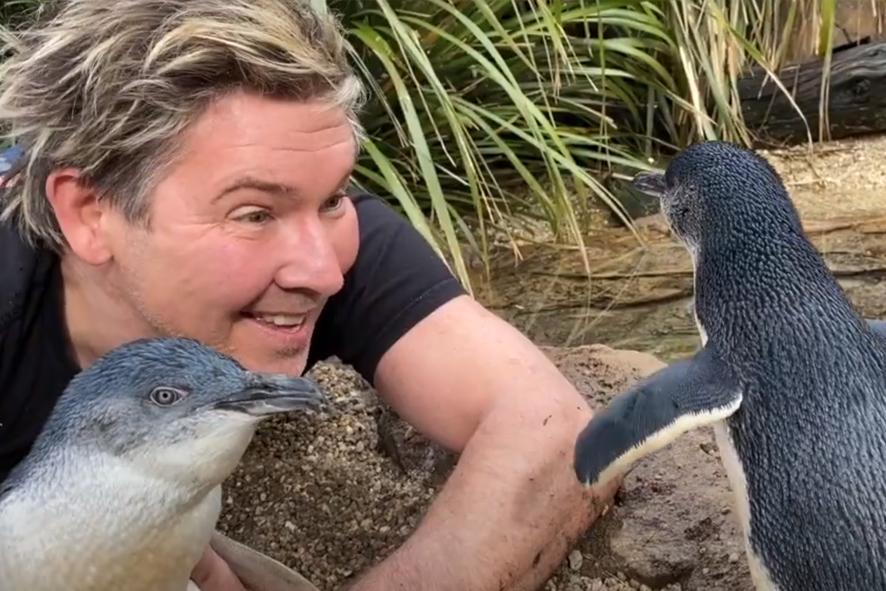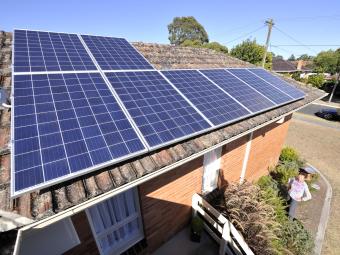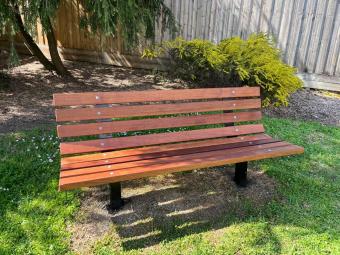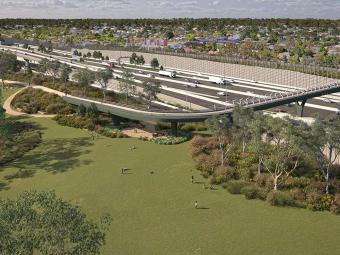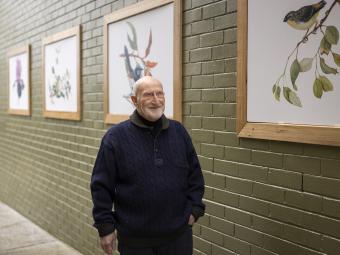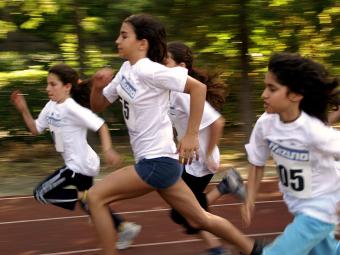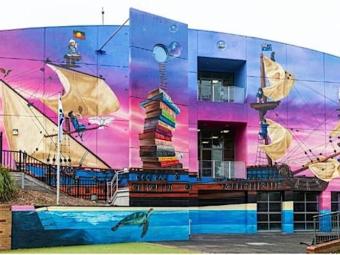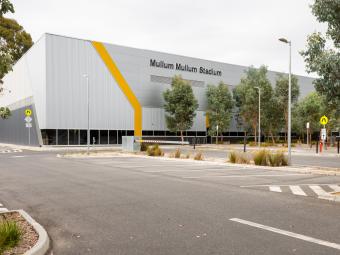Join us this National Recycling Week at our 2025 Inspired Living Series to discover how we can produce less waste for a happier life and a healthier world.
Lindsay Miles
Lindsay is an educator, speaker, author and passionate zero waste/plastic-free living advocate who helps others live more meaningful lives with less waste and stuff.
She has been sharing ideas, tips, tricks and strategies on her website Treading My Own Path since 2013. She has published two books ‘Less Stuff’ and ‘The Less Waste No Fuss Kitchen’, detailing simple and practical methods for how to live simply yet richly. Lindsay also presented at the acclimated TEDx Conference, with her empowering talk 'The Non-disposable Life'.
Chris De Fazio
Chris is Visy's Local Government Contracts Manager. Having worked in the recycling industry for 25 years, he knows a thing or two about what really belongs in your household recycling bin.
Chris works with councils to help educate communities on getting recycling right and will share insights on what can and can't go in your recycling bin, what happens to your recycling after it's sorted, and common recycling myths and misconceptions.
Inspired Living Series - keynote speaker events
The 2025 Inspired Living Series showcases five insightful, not-to-be-missed evenings. The series will introduce you to a diverse line-up of local keynote speakers offering unique insights on how we can all shift to and embrace sustainability.
Topics range from sustainable food to low waste lifestyles, and each speaker will talk about their journey, and inspire our audience to embrace simple, positive lifestyle choices, connect to nature and foster community for a stronger, more resilient and brighter future.
Registration for this event is required.
Subscribe to our Environment Newsletter
Keep up to date with our latest environment and sustainability events.
Subscribe now
